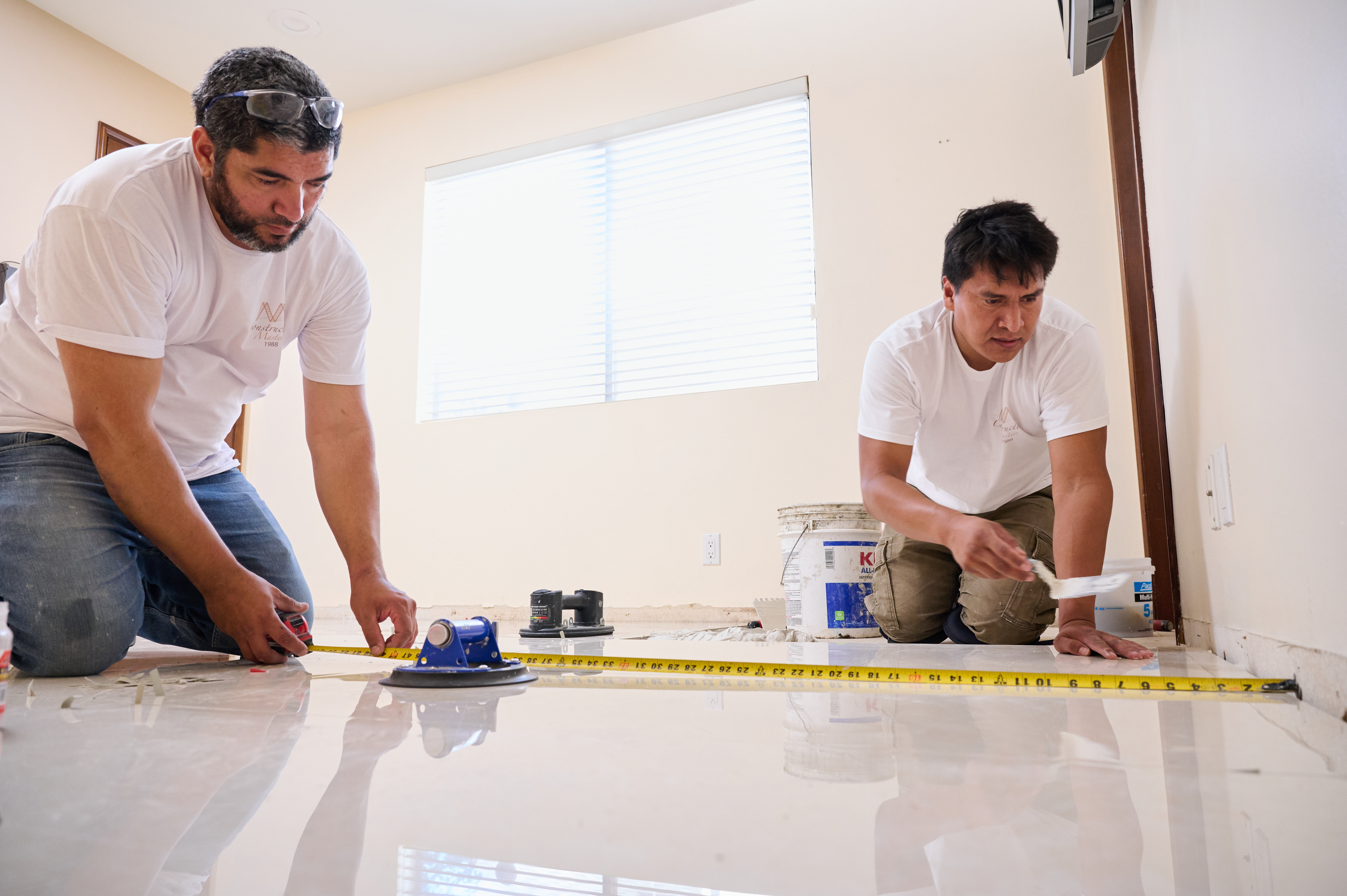
Find out how much it costs to build a chicken coop—whether you've got a few hens in your backyard or a big, self-sustaining flock—with our expert guide.
To buy or not to buy tools for your next big home renovation project?


Whether you buy or rent power tools depends on the specific project
Buying tools tends to be more efficient for long-term projects
Renting is often more flexible than buying
Anytime you’re getting ready for a home project, you’ve got to consider equipment. Since specific projects sometimes require specific power tools, you may not have everything you need. The next question to ask is, to rent, or to buy tools? Your answer will depend on several factors, and below are some of the key things to consider.
Buying your own tools makes you in control of the equipment, which can be both negative and positive.
When you buy tools, it’s a one-time investment—if you’re planning a long-term project, buying materials tends to be more cost-effective since renting over and over again will add up. Not only will you save money by buying, but you’ll save time. You won’t need to wait on anyone since you’ll already have all the equipment.
Another benefit to buying power tools: you are in charge of them. This means you can get any repairs or work done on your time, when you want. You also have the option to sell equipment when you’re ready, which could allow you to make some of your money back.
It may be easier to buy tools than rent them since you don’t have to deal with any agreements or contracts. Also, leasing’s availability won’t limit you, so you have control over what types of materials you choose.
While on the one hand, it's nice to be in control of managing your equipment’s maintenance. On the other, maintenance costs can get pricey. It will also cost more, initially, to buy your tools. On the flip side, it might be easier to budget lower monthly payments.
When you buy tools, it’s up to you to make space for storing your equipment since many stores don’t have the option to do this for you.

Renting tools takes some pressure off your back but, over time, can add up to a lot of money. And, for some everyday repairs, like common toilet repairs, having tools on hand may be the better option.
If you’re working with equipment that regularly needs to be updated, renting is probably your best option. Renting your tools prevents you from being stuck with the same equipment when it may become outdated, or if it’s for a rare project, like roof repair, you likely won’t need roof repair tools too often.
Renting also can be more flexible; initial high costs won’t restrict you, so you may have more options for what tools you acquire.
Finally, a benefit to renting your tools is that you don’t need to worry about maintenance costs. This is up to the equipment company, so it’s one less thing you have to worry about.
Although it’s going to be less expensive initially to rent your tools, over time, the costs usually come out to be higher than they would be if you bought the tools. Plus, you’ll have to consider that many equipment renting companies will require you to pay interest over time.
Another downside to renting tools is that you don’t have equity. This means that since you don’t own the equipment, you can’t sell it back, and so you’ll gain no money back.
If you’re trying to decide whether to rent or buy tools, you’ll want to consider which option better suits the specific project and your needs.
Renting is more flexible, since if you need to update a piece of equipment or specific tool, you can. Getting a specific tool at the drop of a dime can impart some challenges when you own your tools.
Some equipment and tools require higher levels of maintenance than others. This will be more expensive if you own your tools since you’ll be responsible for all maintenance costs.
When you rent tools, companies typically have maintenance teams that will do this work. Plus, even if you need to pay some maintenance fees as a renter, they’re more predictable if you own the equipment.
Buying tools will cost you more upfront than renting. The most cost-efficient option depends on the project you’re undertaking. Renting tools will probably be more inexpensive than buying them with a small-scale project.
However, buying tools is more cost-effective than renting tools in the long run.
From average costs to expert advice, get all the answers you need to get your job done.

Find out how much it costs to build a chicken coop—whether you've got a few hens in your backyard or a big, self-sustaining flock—with our expert guide.

Looking to add a personal touch or some patriotic flair to your property? Learn about flagpole installation costs and how to budget appropriately.

Wondering about the cost to hire a handyman? Discover prices, key cost factors, and money-saving tips to help you plan your next home project.

Selecting the best anchors for brick is essential for hanging decor successfully. Learn about the types of anchors to determine what you need for your project.

For homeowners who struggle to keep up with household chores, or those whose health prevents them from doing certain tasks, hiring help with chores around the house can be a huge help.

Learning how to read a tape measure properly is one of the first—and most important—steps on the road to being a great DIYer. Let's break it down.